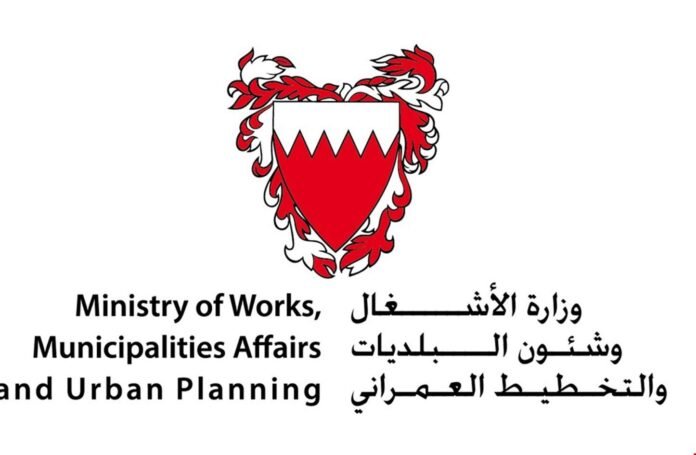Bahrain confirms 263 conformity reports for various engineering products used in infrastructure projects during the first half of 2025. The Ministry of Works highlighted significant progress in quality control and certification efforts.
According to the Ministry, 263 engineering materials underwent rigorous testing and met the required technical standards. These materials span civil, mechanical, electrical, and architectural engineering fields.
Additionally, the Ministry accredited seven specialized laboratories to perform testing and calibration services. This expansion improves the nation’s ability to certify products faster and more efficiently.
To promote transparency, the Ministry updates conformity report data on its official website every month. This practice ensures the public and stakeholders stay informed about approved materials.
Moreover, Bahrain confirms 263 conformity reports alongside increased inspections of construction factories. In total, 21 concrete product factories underwent evaluations based on test results and compliance.
Inspectors regularly visit these factories to ensure they meet the Ministry’s quality standards. This process helps maintain consistency and accountability across the construction sector.
Furthermore, over 99 concrete mix certificates were issued by 21 approved concrete suppliers. These certificates confirm that the concrete meets national quality requirements.
The Ministry also issued 19 asphalt mix certificates from eight certified asphalt factories. These documents validate the suitability of asphalt mixtures for infrastructure use.
Officials stressed the value of conformity reports in maintaining construction safety and sustainability. These reports verify that materials meet environmental and performance standards.
Bahrain confirms 263 conformity reports as a measure to reinforce quality assurance in public projects. The reports are a crucial part of engineering management and project control.
In addition, all activities follow ISO 9001 quality management standards. This ensures continuous improvement, operational efficiency, and reliable services across departments.
By strengthening quality control systems, Bahrain aims to improve infrastructure durability and environmental safety. The country, however, continues to prioritize safe and sustainable development in every project.


